Patient Information for the ADVOS Procedure, Multiple Organ Failure and Indications
Multi-Organ Failure and Indications
The human body relies on the interaction of all its organs. If a single excretory organ suffers a dysfunction, there is a risk of other organs also being affected and multiple organ failure occurring. Excessive quantities of life-threatening toxins build up in the patient’s body, requiring immediate action in the form of an extracorporeal procedure (e.g. haemodialysis) to eliminate the toxins and prevent progressive organ failure.
The ADVOS procedure (ADVanced Organ Support) is able to successfully treat multiple organ failure by simultaneously supporting three of the excretory organs: the lungs, liver and kidneys.
Multiple Organ Failure: Failure of Vital Organs
The ADVOS procedure is approved for use in Europe and it is intended to be combined with ADVOS fluids to treat patients with acute, chronic, or acute-to-chronic liver failure or kidney failure.
The ADVOS therapy is available in a growing number of high-performance clinics. For more detailed information about current therapy centres, areas of application and the way that the ADVOS procedure works, contact marketing@advitos.com.
Detoxification Function of our Main Excretory Organs – How Does the ADVOS Procedure Help?
The ADVOS procedure (ADVanced Organ Support) provides multi-organ support to the kidneys, liver and lung while simultaneously correcting acid-base disorders.
Despite advances in intensive care medicine, the mortality rate in patients with multiple organ failure is still very high. Although malfunctions of individual excretory organs (kidneys, liver and lungs) can be clearly delimited, the failure of one organ often affects other organs. Examples include cardiorenal, cardiopulmonary and hepatorenal syndromes. The severity of the pathology and the mortality rate correlate directly to the number of decompensated organs.
Impaired functioning of the key excretory organs results in a life-threatening accumulation of toxins in the body, which leads to progressive organ failure and death in just a few days.
Conventional extracorporeal procedures only support the function of one or two organs. The ADVOS therapy’s innovative approach, by contrast, is based on a multiple organ concept, simultaneously supporting all three main excretory organs, and it is unique in its acid/base equalisation.
Literature reference
1 Vincent JL et al. Use of the SOFA score to assess the incidence of organ dysfunction/failure in intensive care units: results of a multicenter, prospective study. Working group on „sepsis-related problems“ of the European Society of Intensive Care Medicine. Crit Care Med. 1998 Nov;26(11):1793-800.
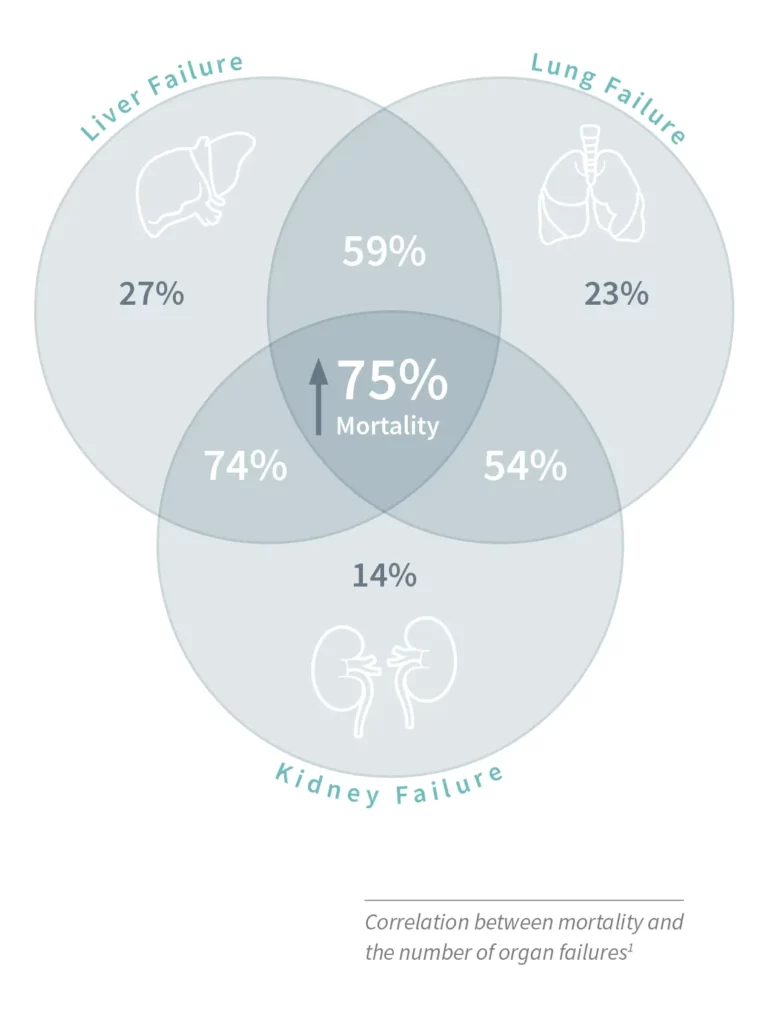
Indications for Organ Support Therapy
Degree of organ support required for different indications
+
++
+++
important
very important
top priority
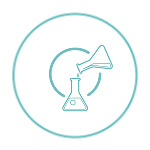
Blood pH
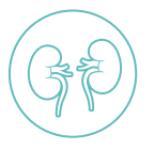
Kidneys
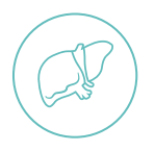
Liver
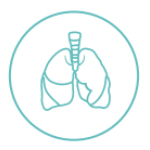
Lungs
Liver transplant
(waiting list & post-operative)
+
++
+++
+
Acute liver failure
+++
++
+++
+
Acute-to-chronic liver failure
++
+
+++
+
Respiratory failure
+++
++
+
+++
MULTIPLE ORGAN FAILURE
Post-operative (e.g. after liver surgery)
++
+
+++
+
Post-operative (e.g. after heart surgery)
+++
++
+
+++
Cardiogenic shock
+++
++
+
+++
Septic shock
+++
++
+
+++
Hypoxic liver failure
++
+
+++
+
